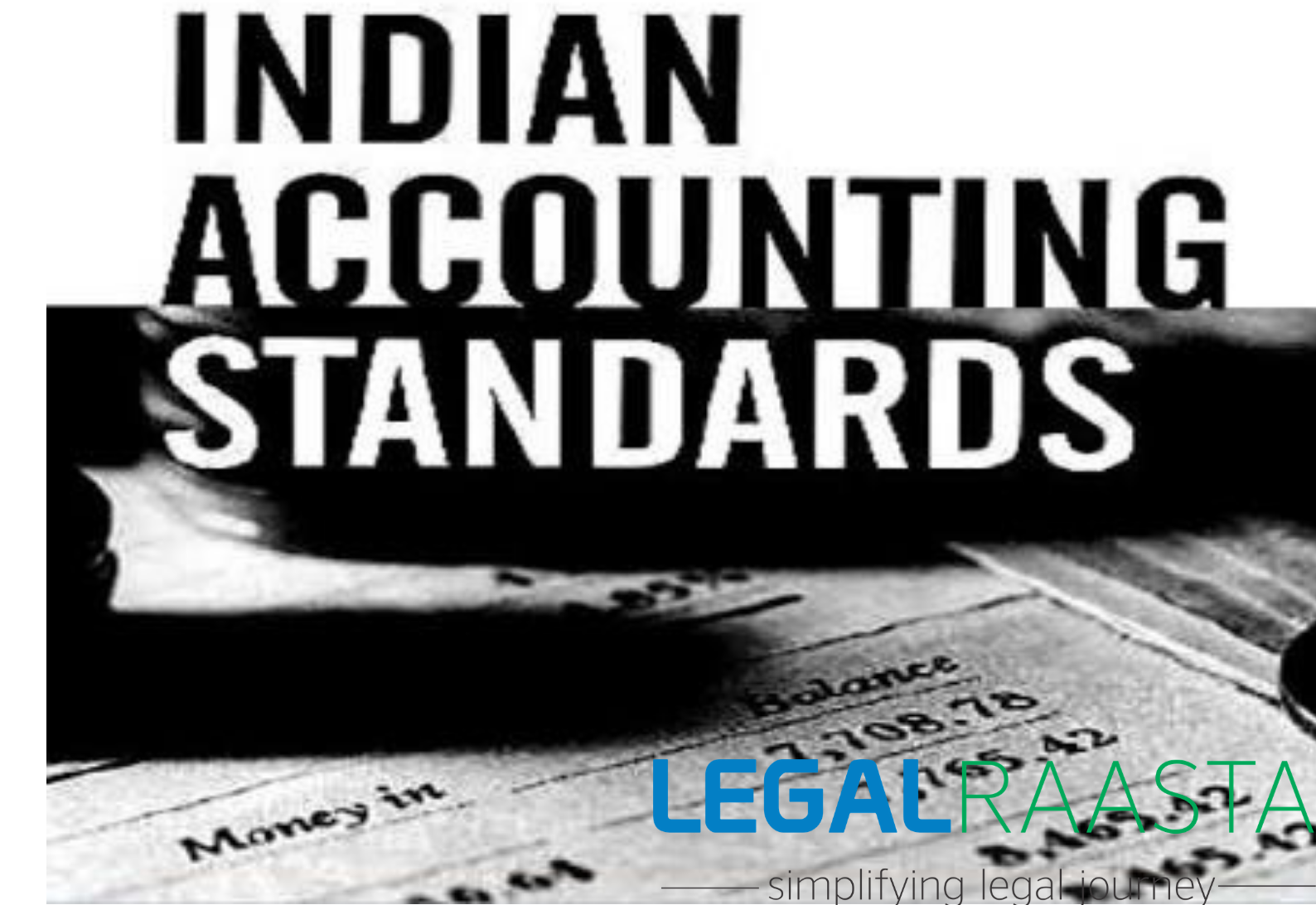Changes in Indian Accounting Standard for NBFCs
Introduction
Now it has been declared that Indian Accounting Standard(Ind AS) is mandatory for certain Non-banking Financial companies effective 1 April 2018 with the first quarter reporting out for some. But the transition to Ind AS for NBFCs might get postponed. This accounting change is expected to have a profound impact on the business of NBFCs. It is also expected that Ind AS should be as much part of the CEO agenda as it is of the CFO/Controller's agenda. NBFCs have been advised to proactively reach out to internal and external stakeholders to highlight impacts of these changes. In this article, we will focus on the Changes in Indian Accounting Standard for NBFCs which has been introduced recently. If you want any other information regarding NBFCs Annual Compliance or NBFCs registration then must follow our blog.Changes in Indian Accounting Standard for NBFCs
There are some significant potential Changes in Indian Accounting Standard for NBFCs that have been introduced in Ind AS which are given below:- NBFCs shall incur the upfront fees and loan origination costs such as commission and incentives. Amortisation is required by Ind AS for directly attributable and incremental origination fees and costs.
- For amortization, the cost that is incurred in-house is not eligible. Through this, the choice can be made whether to opt for insourcing or Outsourcing. Moreover, it is relevant in the way these costs impact the statement of profit and loss.
- Consideration of Expected Credit Losses 'ECL' from the current delinquency based provision is the key change. When the NBFCs do not embed concepts such as risk-based measures for pricing of loans and asset allocation then there would be a direct impact in the statement of profit and loss account.
- In case of assets, a significant increase in credit risks since origination (stage 2) i.e when the facility is more than 30 days overdue then Ind AS need recognition of lifetime ECL as against 12 month ECL (stage 1). This will create a cliff effect and will tantamount to a high impairment charge being recognized upfront. Therefore, NBFCs may now require to spend much greater effort on early collections in order to avoid recognition of lifetime provisions.
- Due to the Changes in Indian Accounting Standard for NBFCs, Employee stock options will also impact NBFCs as Ind AS mandates fair valuation of these options to be recognized as a charge in the statement of profit and loss, as against not recognizing any charge in the erstwhile Indian GAAP.
- It requires clarification in the existing RBI master circulars. The accounting of certain transactions will have to be on the basis of Ind AS framework in the absence of any implementation guidance.
- Many NBFCs can frequently get into the secularisation and direct assignment transactions. This assessment contains two things- first, significant risks and rewards have been transferred to the purchaser and the second is the secularisation trust is different under Ind AS if compared to Indian GAAP. Ultimately, the loans are recognized back on the books of the originator and in some cases, the loans might need to be fair valued.
- Mandatory convertible preference shares are eligible for consideration as Tier 1 capital under the RBI Regulations. However, Ind AS will need the assessment according to the terms of the conversion and certain instruments would not be eligible to be considered as an equity instrument that impacts Tier I capital ratio.
- It becomes compulsory for the NBFCs to submit periodic returns to the RBI. Although, it is still unclear whether these returns would be prepared under the erstwhile Indian GAAP or under Ind AS. But the harmonious approach will be to align the financial reporting and regulatory reporting.
- Since, there could be instances wherein the transition adjustments have a significant impact on the net worth of NBFCs on transition, the treatment of Ind AS transition adjustments on capital adequacy is also unclear. The current environment where Ind AS transition is being conducted has a considerable ambiguity because of the lack of certain key regulatory clarifications and guidance. Obviously, running a business in such an environment might be challenging but the NBFC industry will look forward to receiving inputs from the regulators such as the RBI to provide help to the companies who are achieving the smoother transition for financial as well as regulatory reporting.
For additional information related to NBFC Classification, Regulations governing NBFCs in India you can visit our website: Legal Raasta
Our experts are available here to provide you the best services and advice about the new business startups. We also provide Online Company Incorporation.
Give us a call at 8750008585 and send your query on Email: contact@legalraasta.com
Related Articles:










